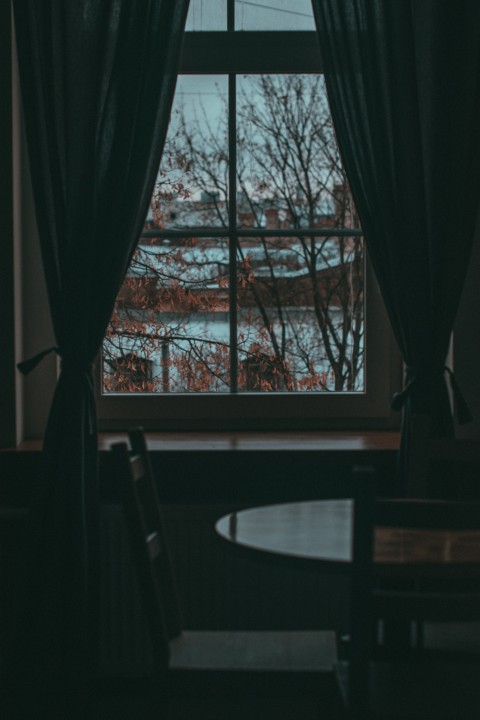How I hope to approach the days following the election
Last time I woke early, opened the curtains, sat down to pray, and started crying.

After the last presidential election, my first reaction was: wake early, open the curtains on the blue dark of morning, sit down to pray, and before I can open my Bible, let the tears flow—tears of fear, tears of grief, tears of anger at feeling betrayed by so many Christians who’d given their vote to Trump.
Tears might come again this year. If they do, I’ll give them the space they need. But I hope there’s more this time. I hope that whatever the outcome, my grief—or relief—will find its place in a wider horizon.
When my mother died, I ended up with her recipe box, a battered cardboard thing held together by yellowing nylon tape. Not long ago, I was rifling through the box looking for her apple pie recipe. The card wasn’t in the dessert section, so I sought it among the side dishes and salads elsewhere in the box.




